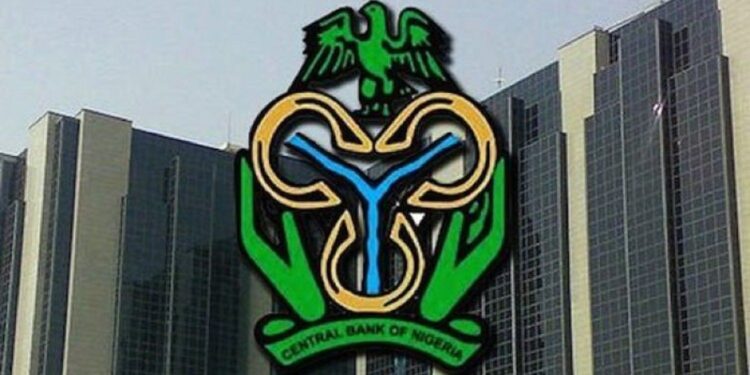In a recent episode of Nairametrics TV’s *Drinks and Mics* show, Samson Esemuede, Chief Investment Officer at Zrosk Investment Management Ltd, emphasized that stabilizing Nigeria’s exchange rate should take precedence over adjusting interest rates. His comments come amid ongoing debates about the Central Bank of Nigeria’s (CBN) monetary policy direction, particularly following the recent decision to maintain the benchmark Monetary Policy Rate (MPR) at 27.50%.
Exchange Rate Stability: A Critical Priority
Esemuede argued that exchange rate stability is more impactful for Nigeria’s economy than interest rate adjustments. “Interest rate is a form of price. Exchange rate is a form of price. As a policymaker, you have a choice as to which price you want to adjust or focus on. Within the context of Nigeria and the impact on output creation, FX is so much more important than interest rate,” he stated.
He stressed that stabilizing the foreign exchange (FX) market is crucial for economic growth, particularly for businesses reliant on imports and exports. Esemuede also highlighted the importance of boosting Nigeria’s non-oil export revenues as a long-term solution to the country’s FX challenges.
Broader Market Forces at Play
Arnold Dublin Green of Cordos Capital, who co-hosted the show, suggested that recent improvements in the naira’s value may not be solely due to CBN interventions. “It might not only be a CBN intervention [that stabilized the naira], it might be a global play on the naira,” he noted. This perspective aligns with CBN Governor Olayemi Cardoso’s recent remarks during the Monetary Policy Committee (MPC) meeting, where he expressed satisfaction with macroeconomic developments, including FX market stability and a moderation in fuel prices.
However, Cardoso acknowledged persistent inflationary pressures, particularly in food prices. He also referenced the National Bureau of Statistics’ (NBS) recent rebasing of the Consumer Price Index (CPI), which revised the weights of items to reflect current consumption patterns. This adjustment led to a significant drop in reported inflation, with urban inflation at 26.09% and rural inflation at 22.15% under the new methodology.
Inflation and Policy Challenges
Despite the naira’s recent appreciation and improved FX market conditions, inflation remains a pressing concern. The CBN’s decision to hold the MPR at 27.50% reflects a cautious approach, balancing the need to curb inflation while supporting economic growth. Esemuede’s call for prioritizing exchange rate stability underscores the interconnectedness of FX dynamics and broader economic performance.
Looking Ahead
As Nigeria navigates its economic challenges, the CBN faces the dual task of managing inflation and ensuring exchange rate stability. Analysts like Esemuede believe that focusing on FX stability will have a more direct and positive impact on businesses and overall economic output. With global market forces also influencing the naira’s performance, the CBN’s policies will need to adapt to both domestic and international dynamics to sustain economic recovery.
For now, the emphasis remains on stabilizing the FX market, boosting non-oil exports, and addressing inflationary pressures to foster a more resilient and inclusive economic environment.










